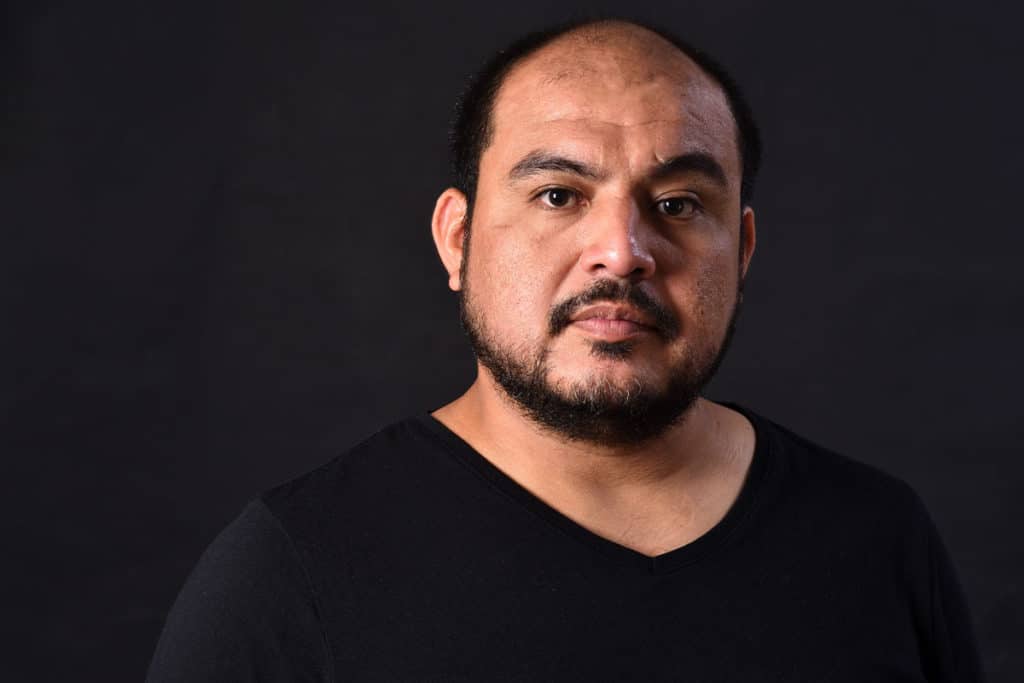When people are working toward recovery from substance use disorders, they often confuse recovery with abstinence. If a person only focuses on not drinking or using and doesn’t take the time to improve other aspects of their functioning and mental health, they may end up with dry drunk syndrome, a term used to describe people who are abstinent but not working on themselves in their recovery. Preventing dry drunk syndrome is possible — particularly by attending an alcohol addiction treatment center.
Contact The Bluffs at 330.919.9228 to learn more about how we help people not only achieve sobriety but thrive in recovery.
Dry Drunk Definition and Meaning
So what does dry drunk mean, exactly? Dry drunk syndrome isn’t a medical term you’ll find in a diagnostic manual. Rather, it is an informal term that explains a certain set of behaviors and symptoms that are frequently seen in addiction recovery.
Generally speaking, a person is experiencing dry drunk syndrome if they are abstinent from drugs or alcohol but not enjoying their life, still have problems with emotional regulation, or generally seems to be uneasy.
Dry Drunk Definition
The definition of dry drunk syndrome applies when someone has stopped drinking or using but has put no effort into self-work or growth. While they may be sober, they usually aren’t happy, and they may not be the easiest person to have a good relationship with. They may still show symptoms such as:
- Irritability
- Resentment
- Lack of interest in activities or hobbies
- Lack of remorse
Essentially, a person with dry drunk syndrome shows all of the same patterns of behavior as they did while they were “wet” — still consuming drugs or alcohol — but does so in a sober state of mind.
Dry Drunk Meaning
There’s a negative connotation with the term dry drunk, meaning somebody who is at high risk of relapse or simply living with a lower quality of life than they need to be.
Recovering from drug and alcohol use disorders is most effective when a person makes a wholesale shift in character, behavior, and actions. More often than not, a person with a substance use disorder has a host of negative behavior patterns that result in harm to their relationships and health.
How to Prevent Dry Drunk Syndrome
The simple solution to preventing dry drunk syndrome is doing extensive self-work while in addiction recovery. This could take many forms, including:
- Working with a therapist
- Attending self-help or support groups
- Working the 12 Steps
- Reading self-help books and putting them into action
- Engaging with a spiritual or religious practice
No matter how you decide to emphasize self-work, it’s clear that it can be tremendously beneficial for people in early sobriety. Not only does this minimize the risk of relapse, but it can help people to feel better about themselves, reduce the guilt and shame so frequently associated with addiction recovery, and help them to develop a higher quality of life in recovery.
Get Help for Alcohol Use Disorder at The Bluffs
When people attempt to quit alcohol use on their own, they often end up with dry drunk syndrome. The most effective preventive measure is to begin your journey in recovery with the help of addiction and mental health professionals who can coach you through how to avoid the pitfalls of dry drunk syndrome and thrive in your recovery.
If you’re ready to start treatment, reach out to the experts at The Bluffs by calling 330.919.9228. We know what it takes to overcome dry drunk syndrome, and we can help you build a life that is truly worth living in sobriety.








